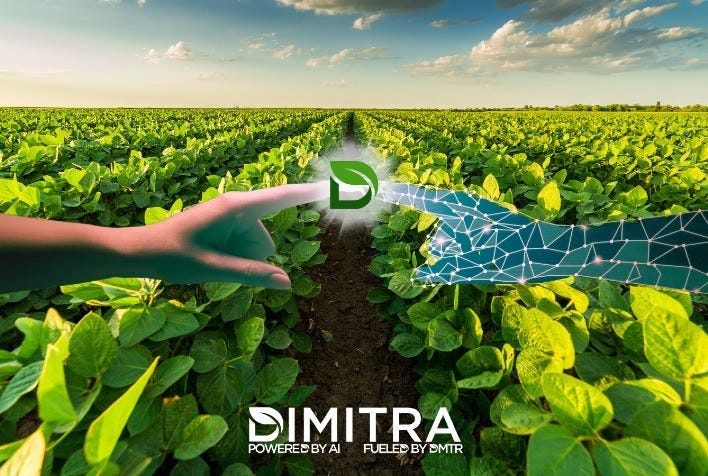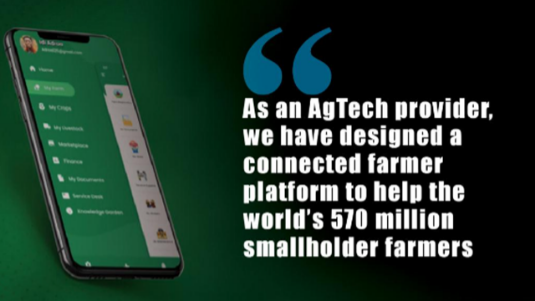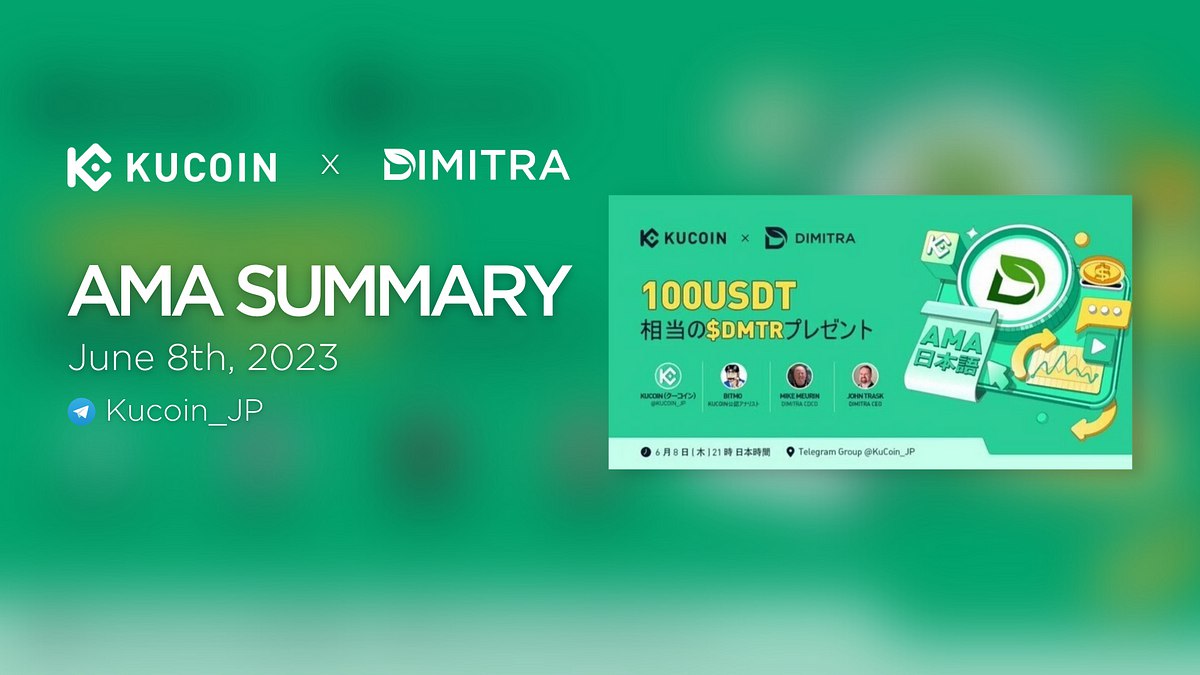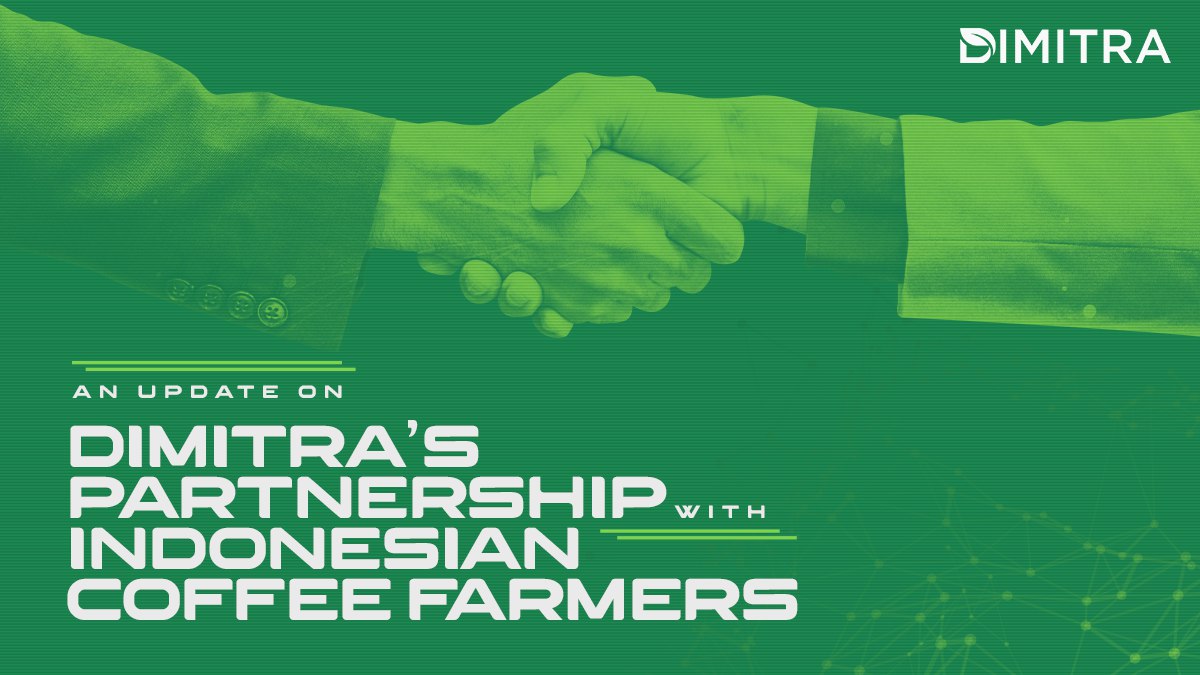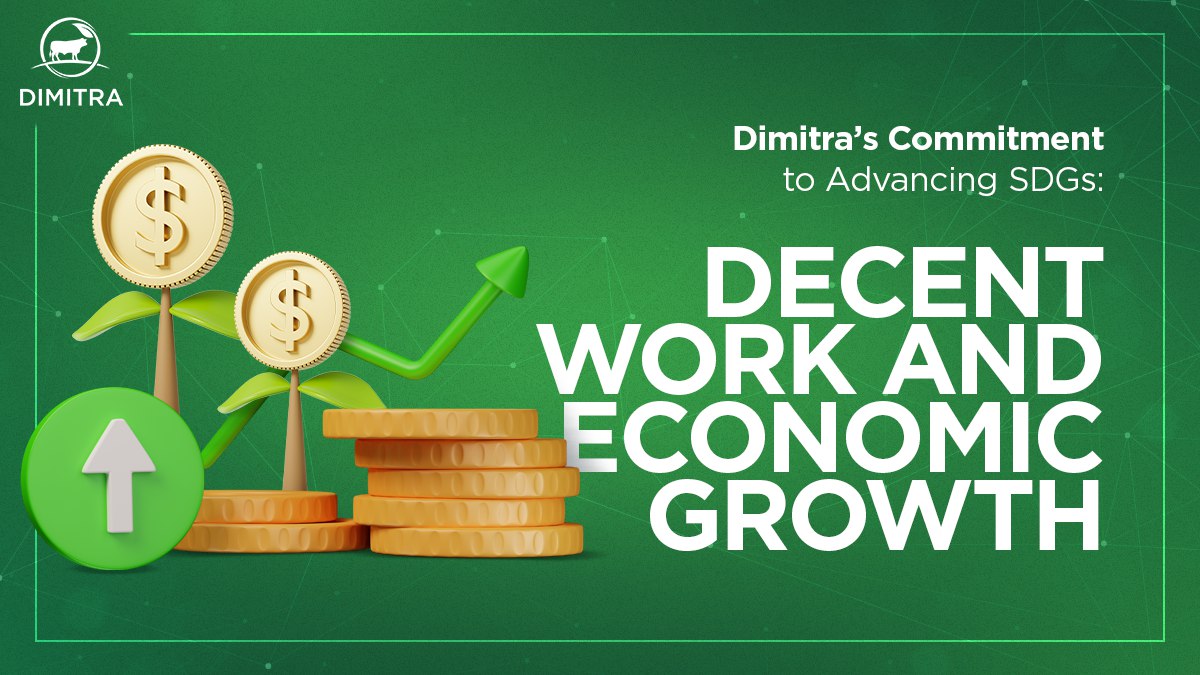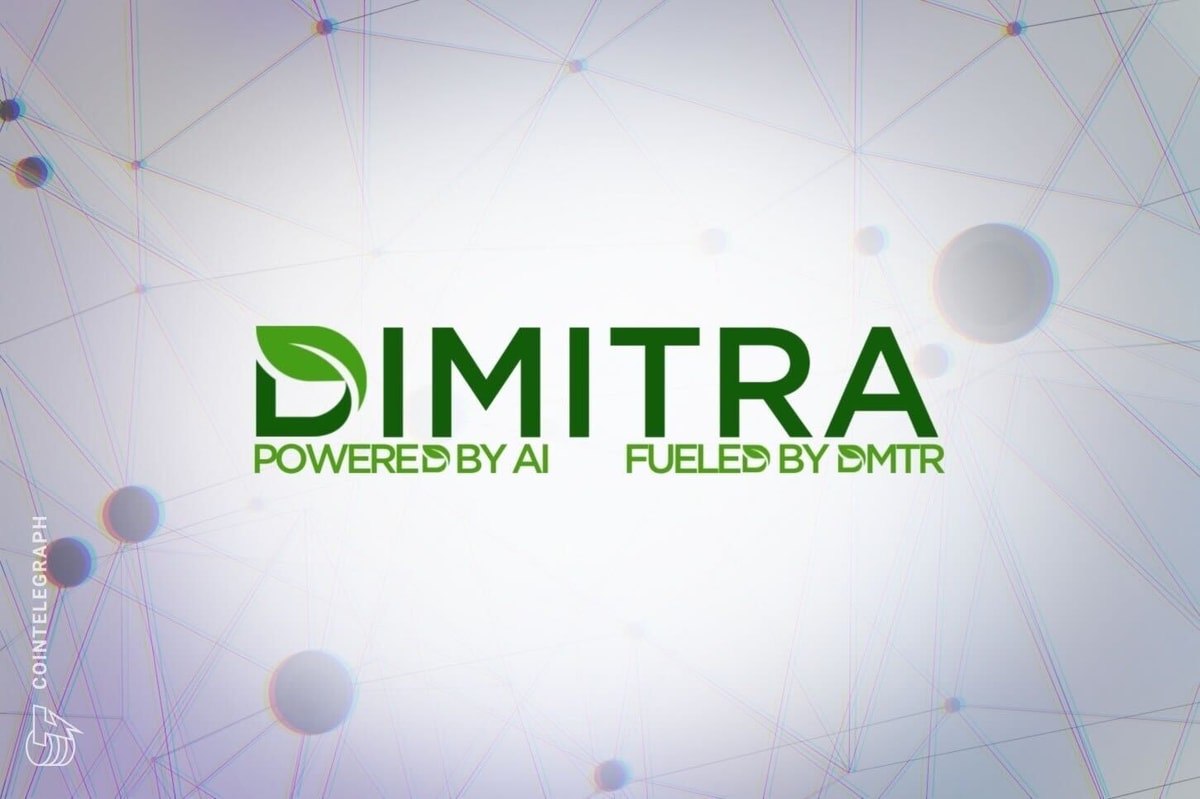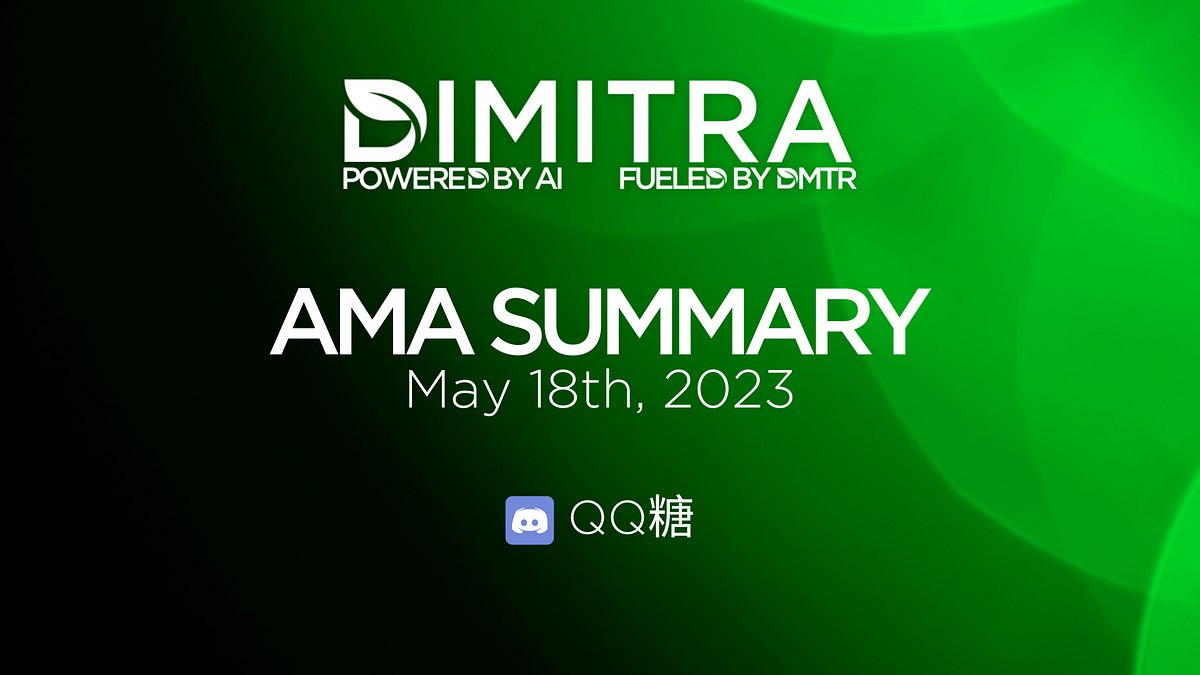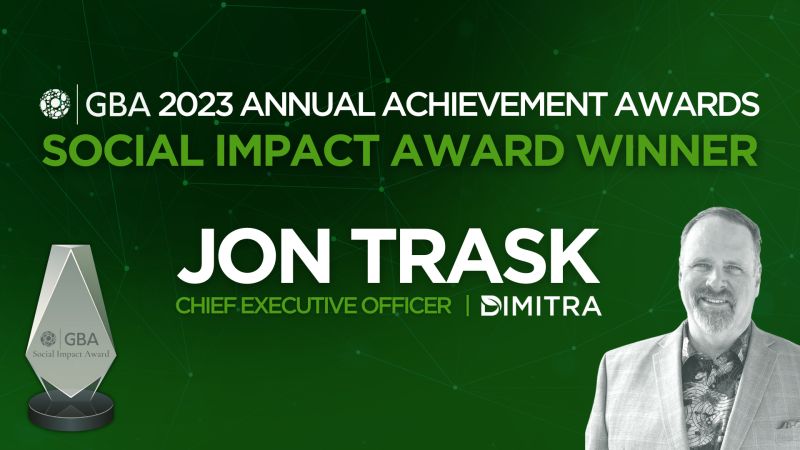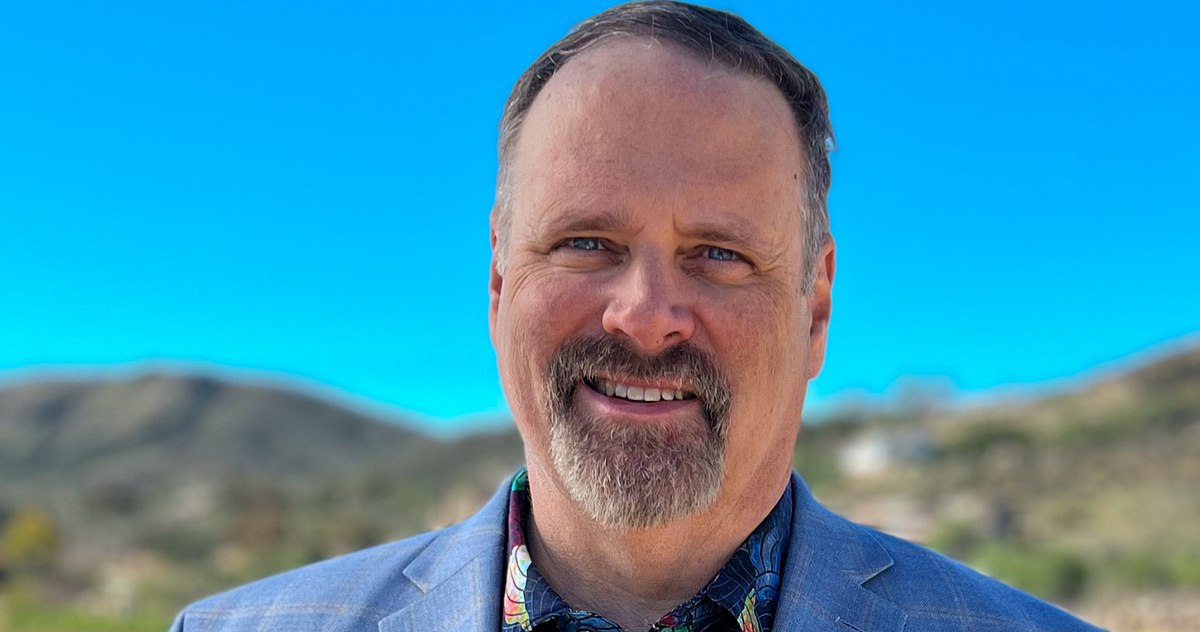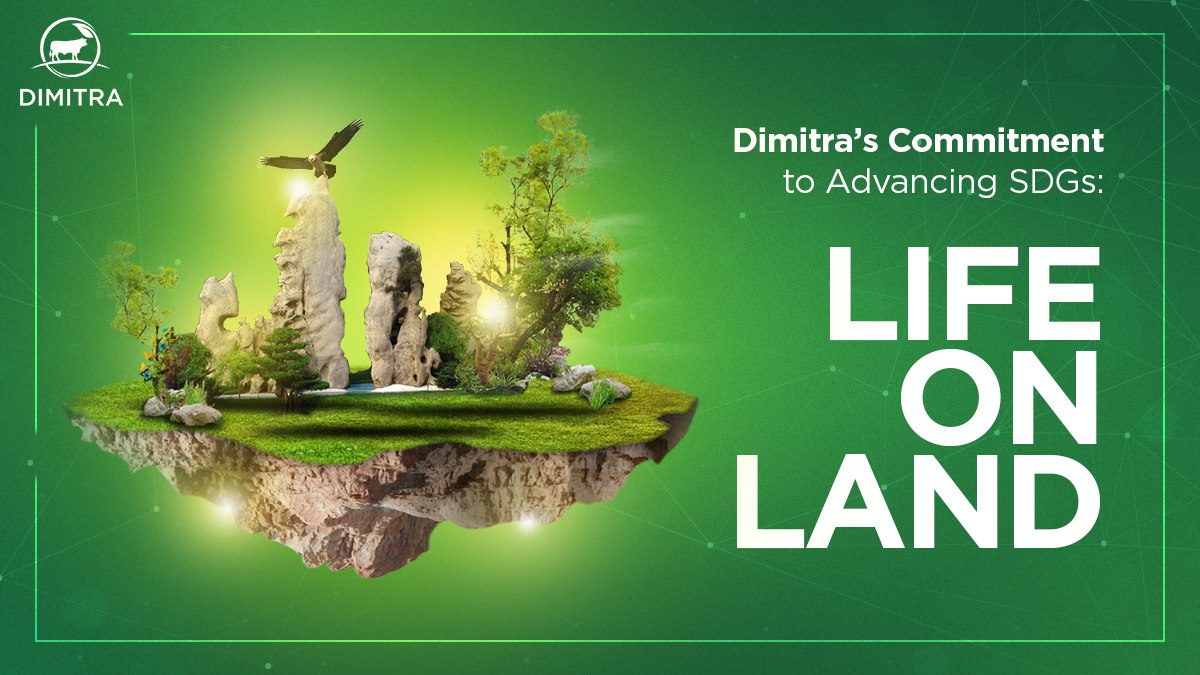Dimitra Interview – Digital inequality reinforces existing social disparities, demanding considerable efforts to acknowledge and address this pressing issue. In this interview series, we are talking to business leaders, policymakers, think tanks and experts on this topic to share their insights and stories about “How Companies and Policymakers Are Taking Action and Can Further Contribute to Closing the Digital Divide.” As part of this series, I had the pleasure to interview Jon Trask.
Jon Trask is the CEO and Founder of Dimitra Incorporated, a global agriculture technology company that utilizes Blockchain, AI, and IoT technologies. Jon is a globally recognized blockchain expert with a background in enterprise software development and designing complex supply chains for multinational corporations. They are passionate about using the power of information to deliver agricultural technology (Agtech) to small farm holders who, while playing a vital role in keeping our world fed, often struggle to feed their own families.
Dimitra Interview – Thank you so much for doing this with us! Before we dig in, our readers would like to ‘get to know you’. Can you tell us a bit about how you grew up?
Igrew up in Nova Scotia, Canada. I spent a lot of my childhood playing with computers, coding or spending time on my family’s farm. I enjoyed a few sports (martial arts and track and field), but loved to be on the computer or reading. My father was in the RCMP (Canada’s national police force) and my mother was a Christian minister. I also had a younger brother who was more interested in bikes and skateboards.
Last subheading I need – Dimitra Interview
Looking back on my childhood, that time I spent on the farm was so magical. There was so much land, I was surrounded by animals, I enjoyed horseback riding and fresh crops. As kids, we ate my grandmother’s blueberry pie made from blueberries picked on the farm. Every time I eat blueberries now, it sparks memories of the farm. All of these are memories I will cherish forever.
Fast forward to today and I am married to my best friend, Jackie. We have four children and live in British Columbia during the summers and spend our winters in sunny Florida.
Is there a particular book that made a significant impact on you? Can you share a story or explain why it resonated with you so much?
John Elkington’s “Cannibals with Forks” played a big role in shaping my views about the evolution of sustainable business. He illustrated how leaders must transition businesses to a triple bottom line of economic prosperity, environmental quality and social justice.
I read it first twenty years ago and picked it up again about eight years ago, right as I was thinking more about the intersection of agriculture and technology. When I started in blockchain, it was impossible to envision where we’d be today, with Web3 taking shape and the relevance of this technology pulling these two sectors closer than ever.
That’s where I see my mission. Farmers are increasing their connectivity with the global push of mobile technology and becoming more reliant on the successful integration of IoT, Satellite and other technologies.
I’m fascinated by the ways all of this can align. Take agri-food, which is one of the largest businesses in the world. Its cycles are driven by nature and happen over time. Technology happens at a totally different pace, with industries like crypto operating at lightning speed. Could these two align? It’s an idea I handle every day, because I think leveraging the power of technology to benefit smallholder farmers is how we are going to change the world.
Subheading
Dimitra Interview – Do you have a favorite “Life Lesson Quote”? Do you have a story about how that was relevant in your life or your work?
I have two life lesson quotes. The first is by Confucius, “Life is really simple, but we insist on making it complicated.”
The second quote is by Jane Goodal, she says “What you do makes a difference and you have to decide what kind of difference you want to make.”
I have spent a great deal of my adult life using technology to simplify complex supply chains and that has been gratifying. All of those early efforts were focused primarily on Fortune 500 corporations.
As I have aged, I have reflected more on the difference I am making.
Those reflections led me to Dimitra.
Small farmers represent such a large part of the world population but often struggle to make ends meet. As a group, they have substantial impact on poverty, global warming, clean water, clean soil and the economic prosperity of many nations. I saw a way to apply technology to global agriculture problems and knew that focusing on small farms would make a considerable impact on all of these social and environmental issues.
Subheading in the text
Ok, thank you. Now let’s move to the main focus of our interview. How would you define the Digital Divide? Can you explain or give an example?
The digital divide is the difference between those with access to technology and those without access. An example of this is the large-scale industrial farms in G20 nations. These farmers have access to technology that helps them operate their farms as commercial enterprises, exceeding their family’s needs and allowing them to supply food to hundreds of people.
In the world’s developing nations, farmers need agricultural technology the most. However, due to its expense, its availability is limited, meaning these farmers do not have access to resources that will help improve their farms and produce.
Dimitra is bringing useful, affordable technology to those who need it most. We are working to close the digital divide because we believe that every farmer, regardless of their economic status, should have access to agriculture technologies.
Subheading in the top – Dimitra Interview
Dimitra Interview – Can you tell our readers a bit about your experience working with initiatives to close the digital divide? Can you share a story with us?
Smallholder farmers in many areas of the world struggle to make ends meet. These farmers can play a huge role in solving the world food shortage, improving food safety, and addressing food security issues. Putting simple, effective technology in their hands is our core goal. We want to help them improve their productivity with the power of information.
Dimitra has been working with over seventy nations since we started on this journey.
We now have contracts with 18 nations in different regions of the world.
Each contract and project has a different agricultural focus, objective, and pain point that we are addressing and solving.
Dimitra works alongside the governments of those nations we contract with, the NGOs in that country, and usually their farming cooperatives.
A great example is Indonesia. We are working with Solok Radjo Cooperative to improve their coffee output, provide traceability, digitize document management, and help them get their coffee to expanded international markets.
In addition, we have partnered with one of their Universities to help bring our technology to the farmers and train them on the Connected Coffee application.
There are so many aspects of spanning the digital divide, and we work with as many players in as many sectors as possible to advance progress.
Another subheading
This may be obvious to you, but it will be helpful to spell this out. Can you articulate to our readers a few reasons why it is so important to create change in this area?
Giving farmers advanced technology provides them with actionable data. In a data-driven approach, farmers can make informed decisions, leading to an increase in their yield and a reduction in their expenses.
Dimitra Interview – What specific actions has your company or organization taken to address the digital divide, and how do you ensure that your efforts are making a positive impact in the communities you serve?
Dimitra is mission-driven to address the digital divide.
We are here to make agriculture software affordable. We work closely with governments, NGOs, and non-governmental organizations to make our technology available to smallholder farmers in developing nations.
Our efforts positively impact the communities we serve in a multitude of ways, and we are committed to being an engaged, useful partner for the long run.
subheading
What are some of the challenges that individuals or communities face when trying to bridge the digital divide?
There are endless challenges to bridging the digital divide, especially in developing countries. These include everything from the cost and accessibility of technology to regional language barriers and rural locations.
Another challenge is tackling the rate of adoption. We have to quickly win trust and equip users, because the quicker farmers have access to technology that can improve their farming practices, the quicker the divide will close.
What role do you see technology companies playing in closing the digital divide, and what steps can they take to ensure that their products and services are accessible to all?
Technology companies like ours play a central role in bridging the digital divide. Dimitra has created five applications for different farming use cases. Everything from working with crops like coffee and quinoa, to helping with livestock breeding, animal health, and improving genetics.
Technology companies will make accessibility a problem of yesterday by ensuring that a company’s product or service is available in rural areas, as well as being easy to use. Having a commitment from all parties — the supplier and the user — is necessary in order to close the digital divide.
Another Subheading
Because of investment coming from the federal government, we have funding for great access to infrastructure and digital skills training. In your view, what other policy changes are needed to address the digital divide? How can companies and policymakers work together to implement these changes?
The digital competency of smallholder farmers varies greatly from highly competent to few skills with mobile phones and applications. Application developers need to develop training programs which allow for an initial training session and then repetition with a coach.
Policymakers should remember how imperative it is to have some amount of structured training which combines basic mobile skills and agricultural training.
We are already in Web3.0. What should we be doing as leaders to ensure the next iteration(s) of the Web are green, accessible and beneficial to as many people as possible?
At Dimitra, we’ve incorporated sustainability into our DNA as a company. We want to leave the world in better shape than we found it. We want every farmer to implement more sustainable practices, which will translate into increased productivity, less pesticides and reduced expenses. When farming communities thrive, societies will thrive. We are dedicated to reducing poverty and social inequality in a tangible way.
Subheading – Dimitra Interview
This is the signature question we ask in most of our interviews. What are your “5 things I wish someone told me when I first started” and why?
1 . Great people are the key to business success. Finding motivated people with demonstrated critical thinking skills and creativity is important. Align with people who support your mission and are loyal to the company and team. People who are in conflict with the team cause chaos. Cultural fit and teamwork are important.
2 . Keep the team on mission and remember that technology is a great distractor. In the agriculture world, there is a need for many great technologies and the rate of adoption is accelerating. We can’t build it all. Keep your designers and developers on mission. Finish your modules, test them and deploy and then listen to your customers and adapt. Don’t let the shiny new object in the market sway you to deviate from your plan, unless your plan is just wrong.
3 . Be action oriented. Figure out your goal and the steps needed to get there, then prioritize action. Driving action has been a key to accomplishing my goals but also getting recognized for success early in my career. Don’t get distracted, because it will slow you down. There is a process and time for innovation and roadmap planning, but move forward in productivity as soon as possible.
Break in subheading
4 . Listen more, talk less. When I was younger I loved to share my knowledge (I still do, in fact), but listening is a skill that must be developed. It took me years to evolve my listening ability and it will take me a lifetime to master it.
5 . Learn, learn, learn. This is the key to innovation. I’ve taken so much time to learn what farmers need, how farmers impact the environment, how farmers impact the global economy, and how they impact world hunger. It is amazing that all of these social challenges are on the backs of almost 600 million farmers and their families. The tech industry needs continuous innovation and the only way for us to do this is through continuous learning.
Subheading
What role can individuals play in closing the digital divide, and what steps can they take to support these efforts?
You can sponsor a smallholder farmer with a Dimitra software license. Dimitra has launched an individual sponsorship program. When DMTR token holders stake tokens, they can also sponsor individual farms and projects with which Dimitra works.
How can our readers follow you online?
Your readers can follow me on Linkedin at https://www.linkedin.com/in/jon-trask-59423632/
They can also visit www.dimitra.io to learn more and view all of our social platforms there.
This was very meaningful, thank you so much. We wish you only continued success on your great work!
